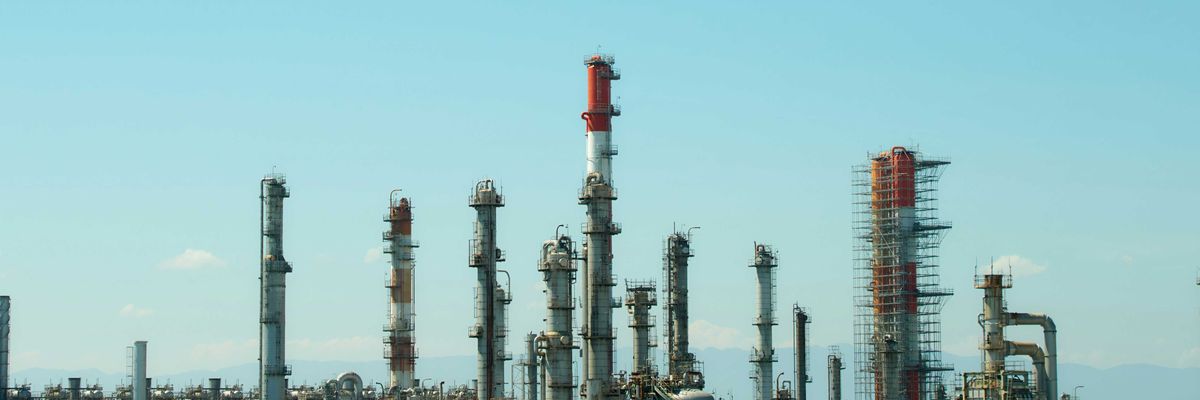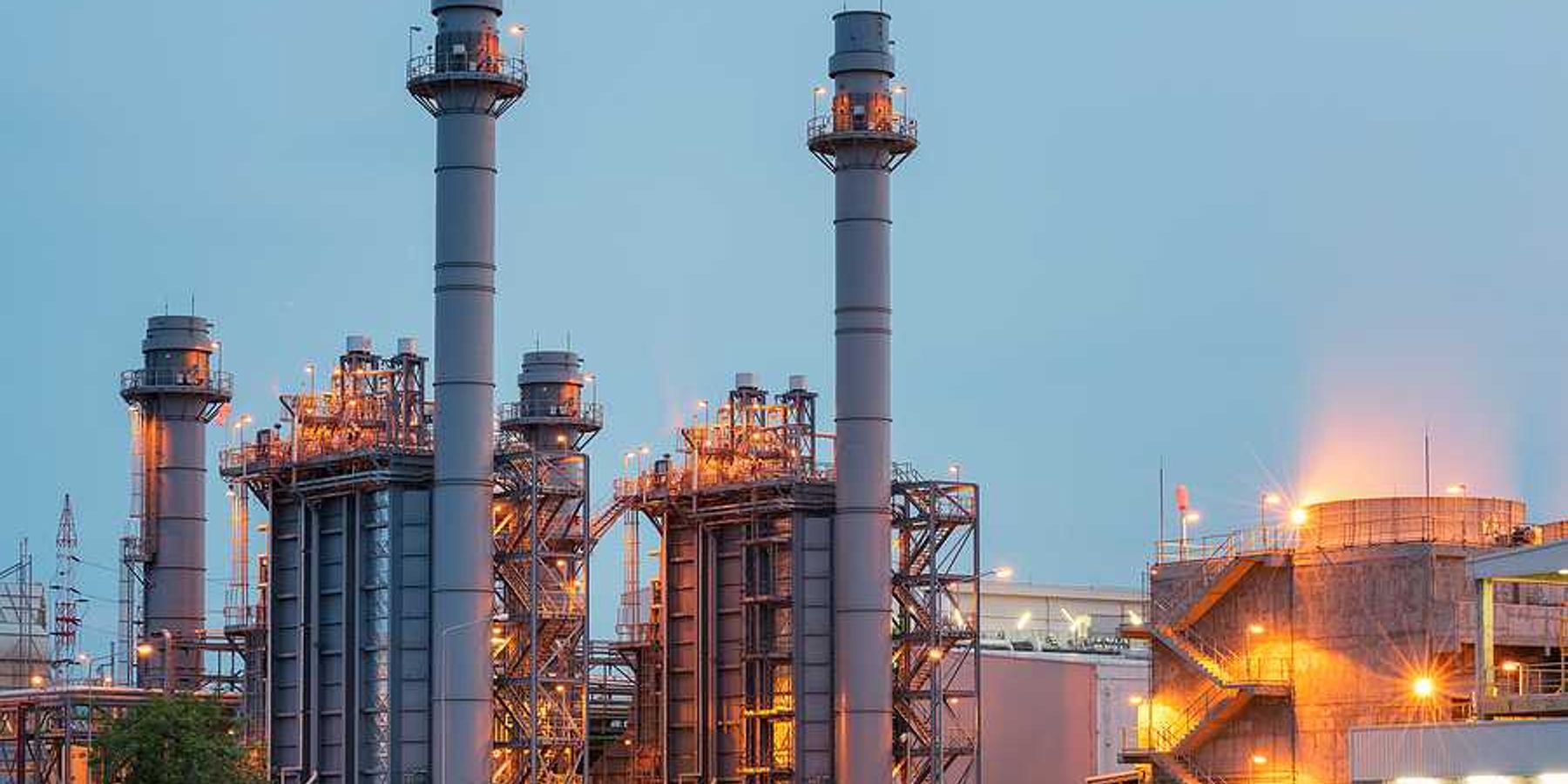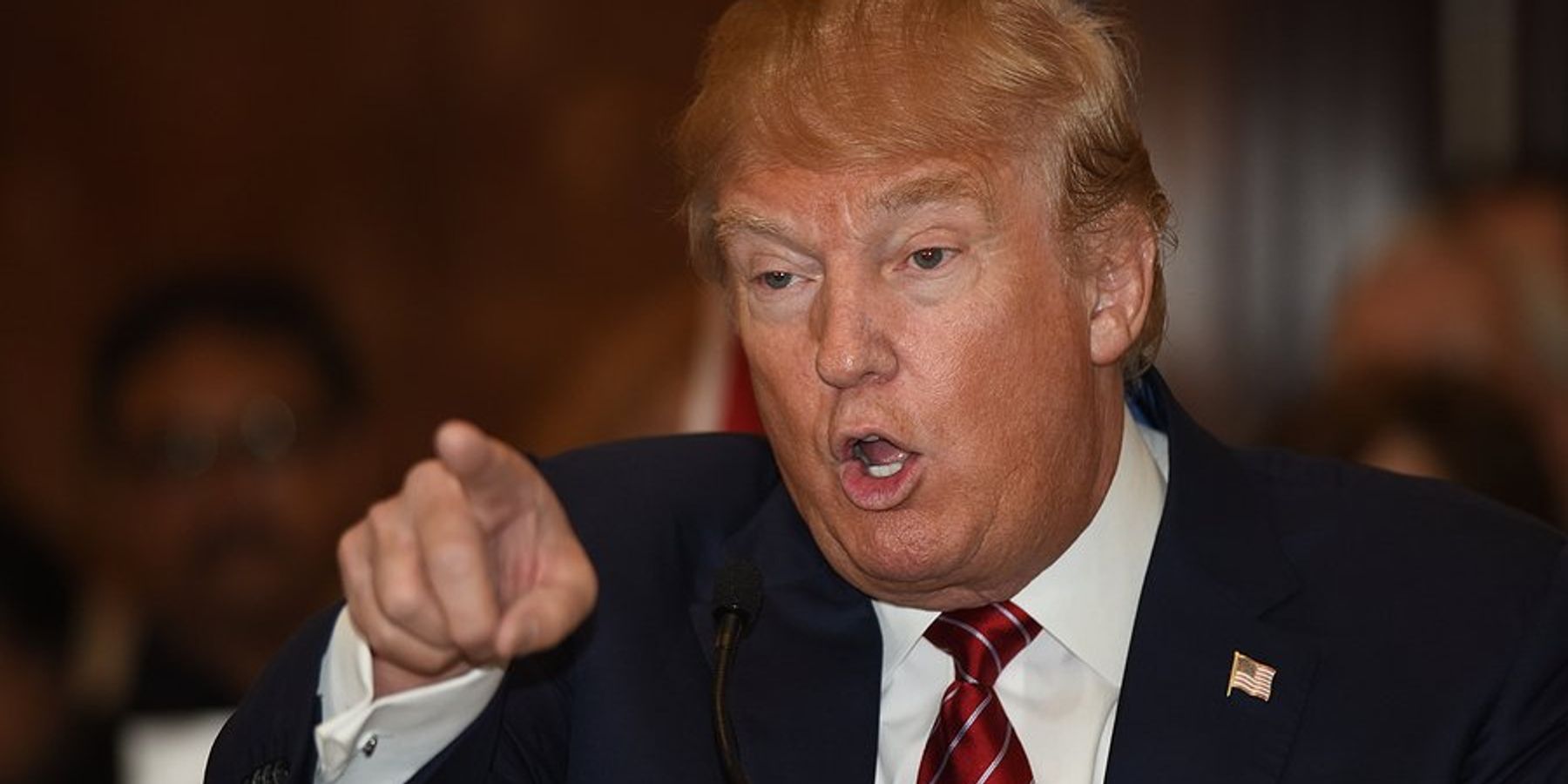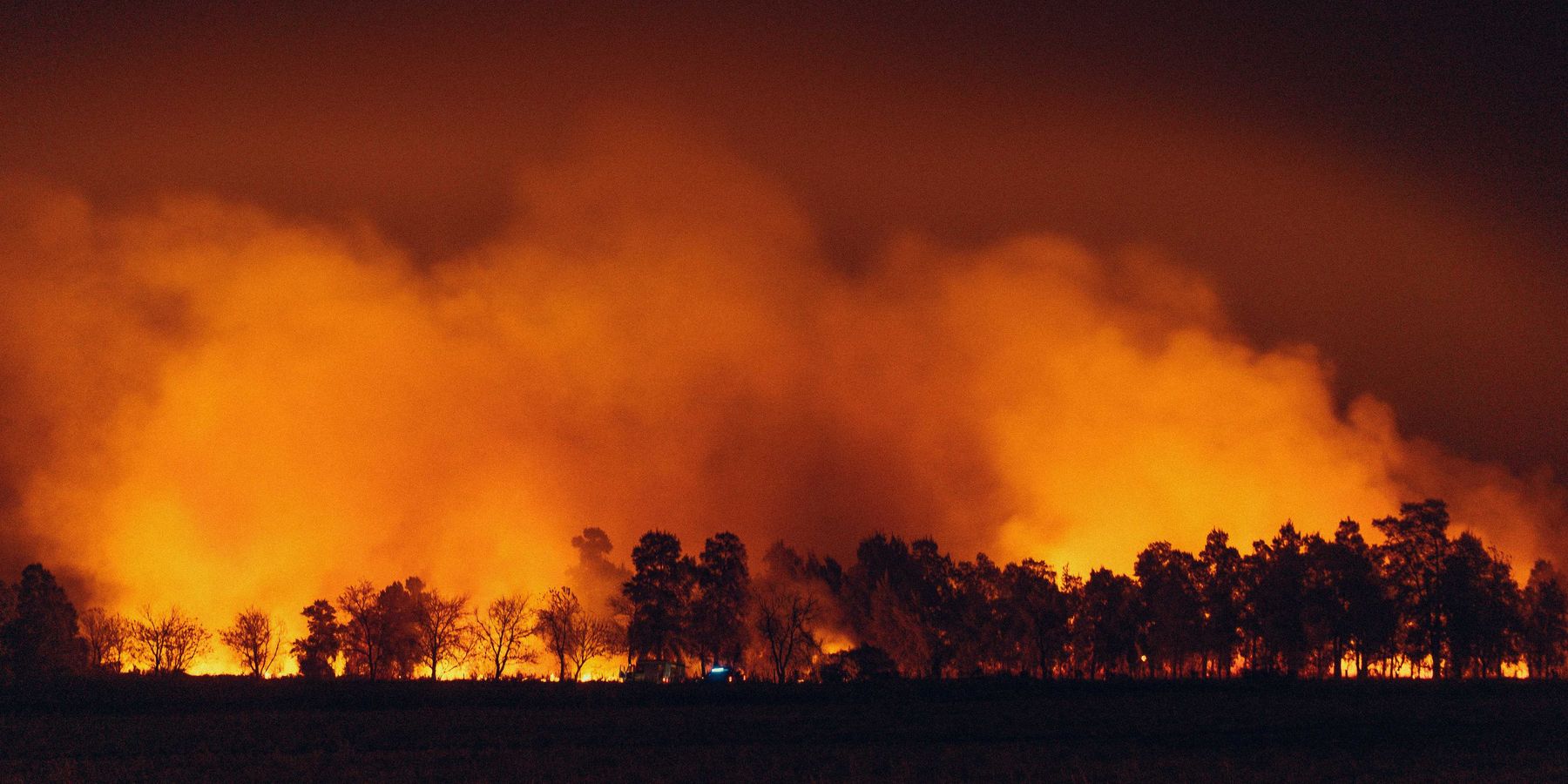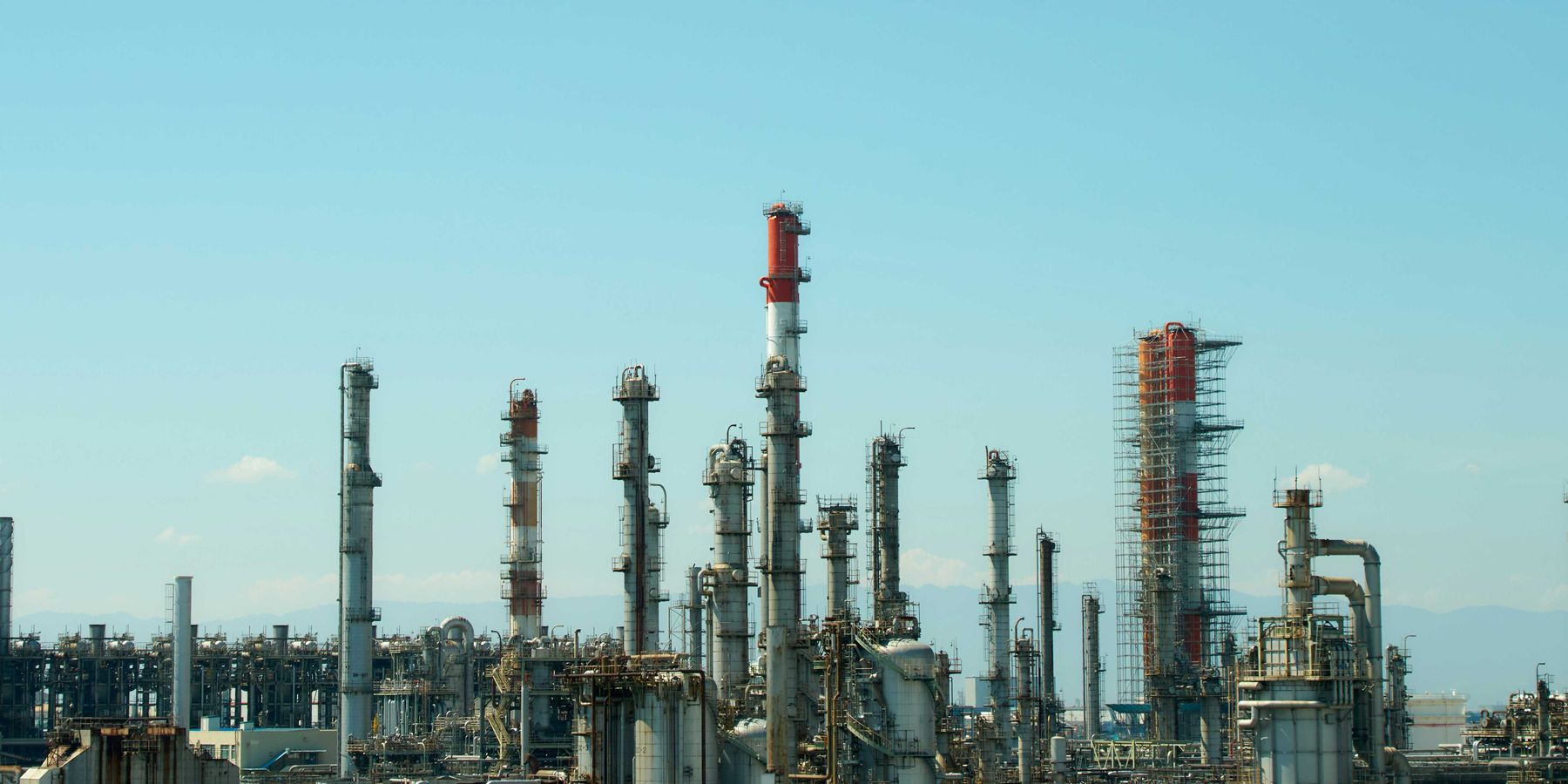unions
Unions view climate action as essential to worker safety under Harris
Labor unions see Vice President Kamala Harris as a key ally in promoting worker health and safety through climate action.
In short:
- Labor unions have endorsed Harris, viewing her as an advocate for progressive labor and economic policies.
- Harris' focus is on public sector and service unions, emphasizing worker health and safety in climate policies.
- Harris has supported climate initiatives that directly benefit union workers, such as heat protections for outdoor workers.
Key quote:
"I like to say show, don’t tell. And Kamala Harris has shown us that she supports farm workers, and she understands the struggles."
— Teresa Romero, president of United Farm Workers
Why this matters:
Labor unions' support for Harris' climate policies highlights a shift towards viewing climate action as integral to worker safety. This approach could shape future labor and environmental policies, bridging the gap between economic and environmental interests.
Related EHN coverage:
Biden announces $1.7 billion to support US EV factories
The Biden administration is providing $1.7 billion to retool 11 auto factories for electric vehicle production, aiming to secure jobs and support union labor.
In short:
- The Energy Department's funding aims to prevent the closure of unionized auto plants and save over 15,000 jobs.
- This initiative is part of Biden’s strategy to boost EV production before the November election, countering potential policy reversals if Trump wins.
- The largest allocation, $500 million, goes to General Motors in Lansing, Michigan, to shift from internal combustion engines to EVs.
Key quote:
“Building a clean energy economy can and should be a win-win for union autoworkers and automakers. This investment will create thousands of good-paying, union manufacturing jobs and retain even more — from Lansing, Michigan to Fort Valley, Georgia — by helping auto companies retool, reboot and rehire in the same factories and communities.”
— Joe Biden, President of the United States
Why this matters:
This funding supports the transition to electric vehicles, crucial for reducing greenhouse gas emissions. It also aims to secure jobs in an evolving auto industry, promoting economic stability in key states.
Heated policies: contrasting worker protections in California and Florida
California and Florida, both dealing with rising heat-related deaths, have adopted opposing approaches to worker heat protections, reflecting broader political divides.
In short:
- California mandates water and air-conditioned areas for workers in temperatures over 82°F, with additional measures at 87°F.
- Florida prohibits local governments from requiring employers to provide heat protections, leaving it to employers to decide.
- The federal OSHA proposed heat regulations, but they may not be finalized until 2026 and could face challenges.
Key quote:
“You can look at safety standards in each state, whether it’s heat standards or others, and it’ll track with how union-dense those states are.”
— Lorena Gonzalez, head of the California Labor Federation
Why this matters:
Heat-related deaths are climbing due to climate change, highlighting the need for robust worker protections. How should the U.S. balance economic freedoms with the imperative to safeguard public health in the face of a warming planet? As heat waves become more frequent and severe, this question will only grow more urgent, demanding thoughtful and decisive action from policymakers across the spectrum.
California labor can’t quit oil jobs. That’s a problem for Democrats
One of California’s most powerful unions is not loosening its grip on oil jobs.
The solar industry gained jobs last year. But are those good jobs, and could they be better?
The U.S. solar industry added jobs in 2022, but the topline number tells only part of the story. The growth was almost all in rooftop solar systems on houses, while jobs related to utility-scale solar farms were down.


